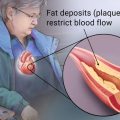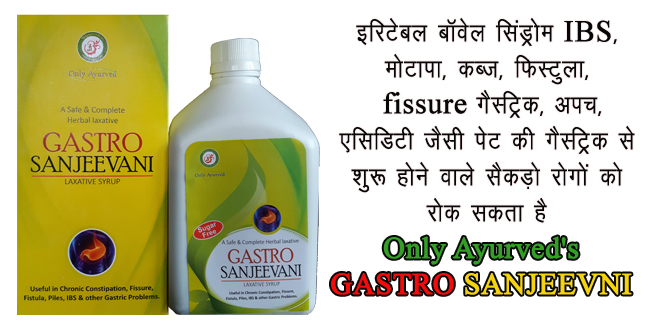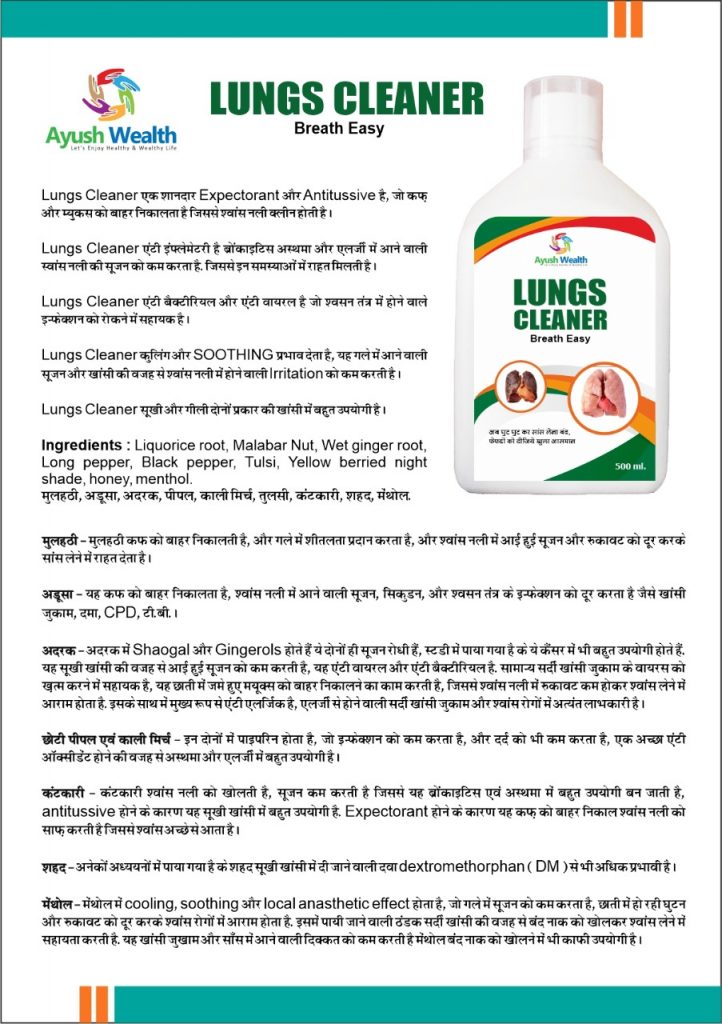Digestive And Urinary Tracts Avoiding heartburn
Heartburn results from a backup of acid-containing stomach contents into your esophagus. Here are tips for prevention:
- Eat smaller meals Too much food expands your stomach and puts pressure on a band of muscle (the lower esophageal sphincter) that helps keep food and acid from backing up into your esophagus.
- Avoid alcohol, fatty foods, chocolate, spearmint and peppermint these foods can relax your lower esophageal sphincter and promote upward flow of stomach contents.
- Consider using an antacid or H-2 blocker Antacids such as Maalox, Mylanta, Tums and others help neutralize stomach acids temporarily. Over-the-counter histamine(H-2) blockers such as Pepcid AC, Tagamet HB, Zantac 75 and others reduce stomach acid production, which may reliever prevent symptoms when taken before a meal. But over use of antacids or H-2 blockers can cause side effects.
- Don’t eat before sleeping Wait two to three hours after eating before lying down. This allows enough time for increased stomach acid produced after a meal to taper off and for the stomach to empty from that meal.
- Stop smoking The nicotine from cigarettes can relax your lower esophageal sphincter, allowing acid to flow back into your esophagus.
- Lose excess weight Slimming down if you’re overweight helps reduce the pressure your abdomen puts on your stomach when you’re lying down.• Wear loose clothes A tight belt or waistband can put pressure on your stomach and push acid into your esophagus, causing discomfort.
- Elevate the head of your bed Raise the head of your bed four to six inches. This helps keep stomach acid in your stomach, where it belongs.
Preventing excess gas
Too much gas typically is caused by the incomplete absorption of certain starches and sugars during digestion. Bacteria in your intestine then ferment the sugars, forming gas. To prevent excess gas:
- Limit gassy foods The worst gas-formers are beans and other legumes, wheat and wheat bran, cabbage, onions, Brussels sprouts, sauerkraut, apricots, bananas and prunes. Milk and other dairy products also can cause gas if you have reduced amounts of lactase, the enzyme needed to digest lactose, the main sugar in milk.
- Consider taking anti-gas products Beano, a food enzyme, helps improve the digestion of gas-forming foods. Non-prescription medications such as simethicone (Gas-X, Mylicon) or antacids that also have simethicone (such as the anti-gas formulations of Maaloxor Mylanta), may relieve gas.
- Eat fewer fatty foods Fatty meats, fried foods, cream sauces and gravies tend to increase gas and bloating. And they can contribute to unwanted weight gain.
- Limit sugar substitutes Many healthy people poorly absorb sorbitol and mannitol contained in some sugar-free foods, candies and gums. The amount of sorbitol contained in five sticks of sugar-free gum can cause gas and diarrhoea in some people.
- Consider products for lactose intolerance, if neededIf you have trouble digesting milk sugar (lactose), this may cause gas. Consider buying lactose-reduced or lactose-free products. Or consider products with the lactase enzyme (such as Dairy Ease or Lactaid), which can help you digest lactose.
Preventing constipation
To help prevent constipation:
- Don’t skip meals Balanced, regularly scheduled meals promote regular bowel function.
- Eat high-fibre foods Emphasize fresh fruits, vegetables and whole grains at every meal. Increase fiber even more by adding 2 to 3 tablespoons of wheat bran to cereals, casseroles and baked goods.
- Drink plenty of fluids Drink eight or more 8-ounce glasses of liquid daily in the form of water, juice, milk, tea or soup.
- Increase your physical activity Try to get at least 30 minutes of exercise such as walking, biking or swimming on most days of the week.
- Answer the urge When you feel the urge to go, don’t delay. Holding a bowel movement can foster constipation.
- Be flexible about ‘normal regularity ’Don’t fret if you’re not a once-a-day person. Some people have bowel movements several times daily, while others have them only three times a week.
- Ask your doctor about fiber supplements If you’re having difficulty getting enough fiber in your diet, your doctor may recommend a fiber supplement. Over-the counter products such as Citrucel and Metamucil promote regularity similar to the way that fiber in food does. But foodies still the best source of fiber.
- Don’t rely on stimulant laxatives These include products such as Dulcolax and Senokot, which work by irritating the walls of your intestines. Habitual use can make constipation worse. For occasional relief, try osmotic agents, such as milk of magnesia. Don’t use laxatives regularly without consulting your doctor.
 Only Ayurved आयुर्वेद जीवन जीने की कला हैं, हम बिना दवा के सिर्फ अपने खान पान और जीवन शैली में थोड़ा बदलाव कर के आरोग्य प्राप्त कर सकते हैं।
Only Ayurved आयुर्वेद जीवन जीने की कला हैं, हम बिना दवा के सिर्फ अपने खान पान और जीवन शैली में थोड़ा बदलाव कर के आरोग्य प्राप्त कर सकते हैं।






















